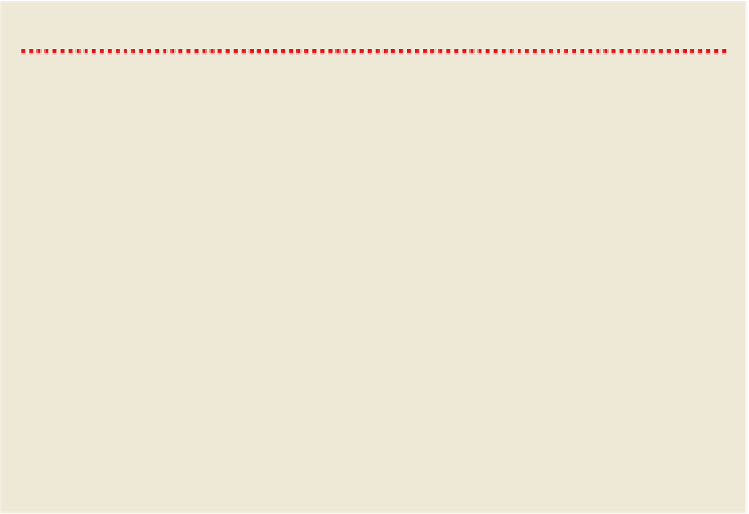Travel Reference
In-Depth Information
Russian Cossacks adopted the Mongol battle cry of 'hurray!' and spread it to the rest of
the world.
Throughout the 1970s, Soviet influence gathered strength. Young Mongolians were
sent to the USSR for technical training, and Tsedenbal's wife, a Russian woman of mod-
est background named Filatova, attempted to impose Russian culture - including food,
music, dance, fashion and even language - on the Mongolians.
THE MONGOL WHO SLAPPED STALIN
In 1932 P Genden became the ninth prime minister of Mongolia, using the slogan
'Let's Get Rich!' to inspire Mongolians to overcome the troubled fighting since the
breakup of the Manchu empire and the establishment of an independent country.
Mongolia was the second communist state, after the Soviet Union, but at this time
Genden was trying to establish Mongolia as an ally of the Soviets rather than a
colony or satellite.
Genden, standing up to Stalin, resisted demands that Mongolia purge the
Buddhist monks and charged the Russians with 'red imperialism' for seeking to
send Soviet troops into Mongolia. Amid much drinking at a reception in the Mongo-
lian embassy in Moscow in 1935, the two men clashed, literally. Stalin kicked
Genden's walking stick and Genden slapped Stalin and broke Stalin's trademark
pipe, which always accompanied him.
Stalin held Genden under house arrest until he was convicted as a Japanese spy
and executed by firing squad on 26 November 1937 - a day of great symbolic im-
portance to the Mongols because it was the date of their declaration of independ-
ence and the creation of the Mongolian People's Republic.
In 1996 Genden's daughter, G Tserendulam, opened the Victims of Political Per-
secution Memorial Museum in Ulaanbaatar in memory of her father and all those
who died in defence of Mongolian independence.
The Great Transition
The unravelling of the Soviet Union resulted in decolonisation by default. In March
1990, in sub-zero temperatures, large pro-democracy protests erupted in the square in
front of the parliament building in Ulaanbaatar. Hunger strikes were held and in May
1990 the constitution was amended to permit multiparty elections in July of the same
year.
The political liberation of Mongolia from the Soviets came as an economic disaster for
Mongolia because of the heavy subsidies that the Soviets had paid to keep Mongolia as a



